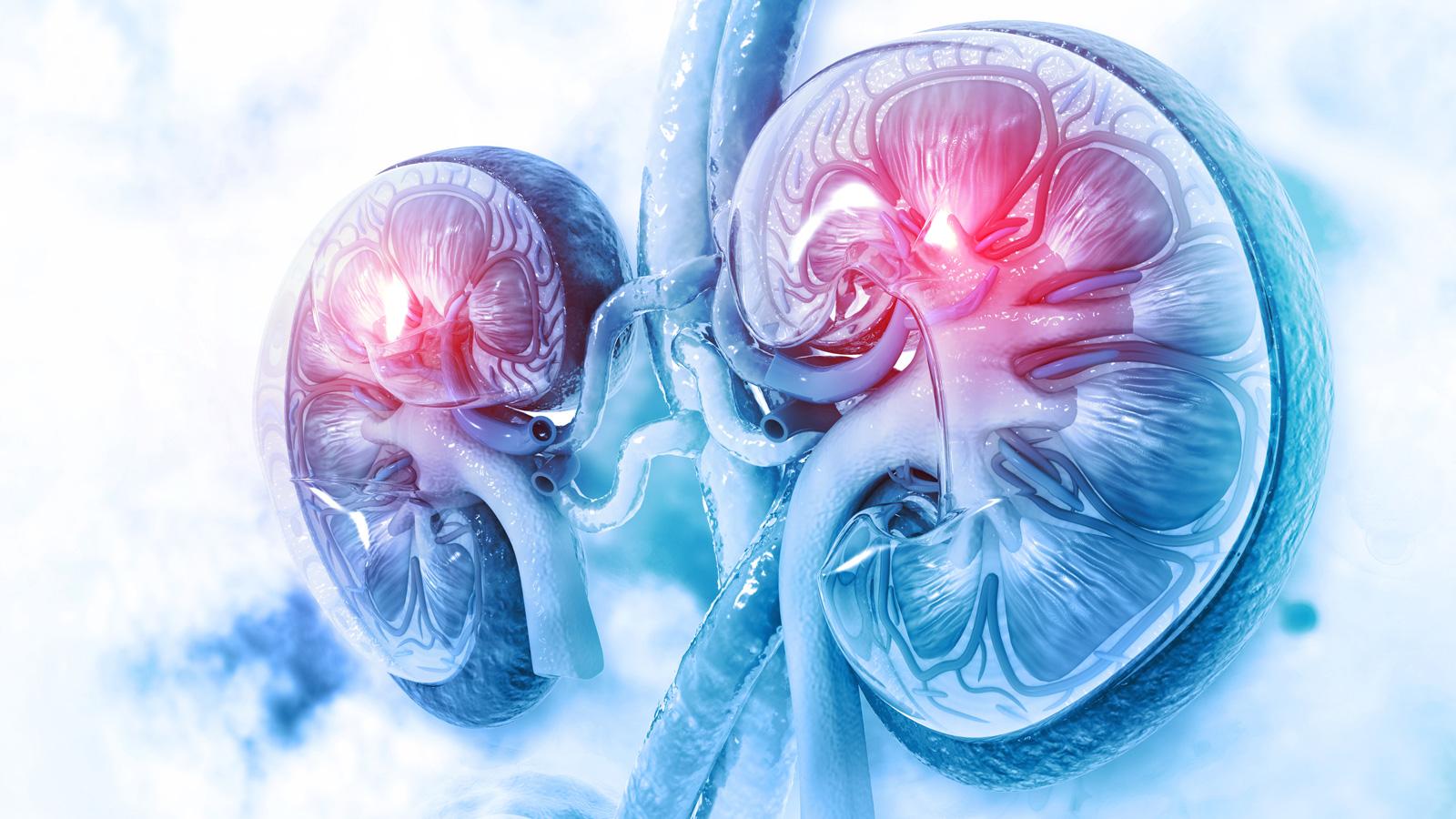Regulus cues up $100m placement on ADPKD drug data

Buoyed by encouraging data for its lead drug for autosomal dominant polycystic kidney disease, Regulus Therapeutics has moved swiftly to file a financing that will give it the finances needed to accelerate its development.
The specialist in microRNA-directed medicines hopes to raise $100 million from the private placement, which is due to close later this week and would represent a sizeable cash injection for Regulus, which ended 2023 with cash reserves of around $24 million.
It has been prompted by fresh data from a new cohort of patients in its phase 1b trial of RGLS8429 in ADPKD, a leading cause of end-stage renal disease, which affects around 160,000 people in the US alone and has just one approved treatment – Otsuka’s Samsca/Jynarque (tolvaptan).
The placebo-controlled study is looking at three weight-dependent and one fixed dose of RGLS8429, and the latest readout comes from a cohort treated at a 2mg/kg subcutaneous injection every other week for seven doses.
At that dose the drug showed improvements in imaging-based biomarkers for ADPKD, including a reduction in total kidney volume, that the company said suggests it can “address the underlying genetic causes of the disease.” It also provided the first evidence of a dose response with the drug, with no concerning safety signals, said Regulus.
ADPKD is caused by mutations in the PKD1 or PKD2 genes, which lead to an increase in the expression of a specific microRNA called miR-17. MicroRNAs don’t encode proteins, but are thought to regulate the expression of genes by mRNA. Regulus is one of a growing number of biotech companies trying to develop drugs that target them.
RGLS8429 is an oligonucleotide that targets miR-17 and is designed to boost levels of two proteins, PC1 and PC2, that reduce cyst formation in the kidneys. In the study, the subjects who saw the most improvements in total kidney volume were those who also saw the greatest increases in PC1 and PC2, backing up that proposed mechanism.
San Diego-based Regulus said the third weight-dependent dose cohort is already fully enrolled, and it will start screening patients shortly for the fixed-dose 300mg cohort, which was recently added to the study protocol.
“We are pleased with the data we have seen in the second cohort, in particular, the mechanistic dose response, as it continues to validate RGLS8429’s potential efficacy in ADPKD,” said Preston Klassen, Regulus’ head of R&D. “We look forward to seeing the topline data from the third cohort in the middle of this year.”
The encouraging results are a major boost for Regulus, which has suffered a series of setbacks in its R&D pipeline, including disappointing results with a predecessor of RGLS8429 for ADPKD that was scuppered by issues with durability and dose-limiting toxicity.
It was also developing an miR-21 oligonucleotide called lademirsen for another genetic disease affecting the kidneys, Alport syndrome, but that was abandoned in 2022 and rights returned to Regulus by former partner Sanofi.
Shares in the company rose almost 60% in pre-market trading following the announcement.












